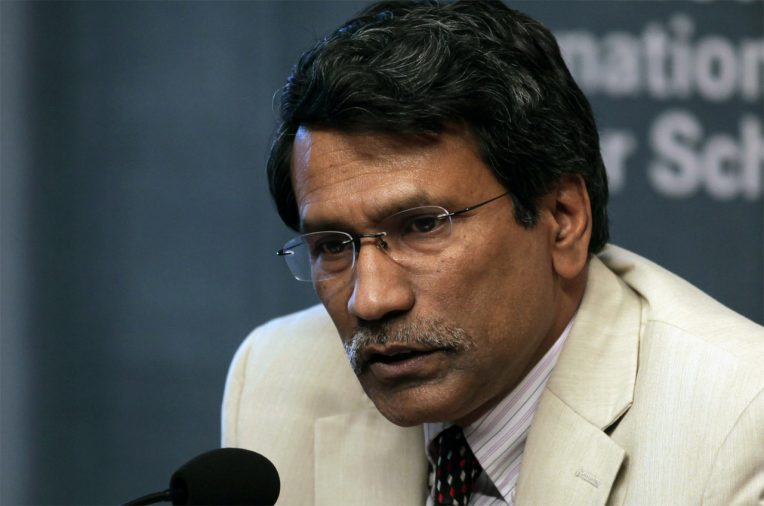Distinguished Professor Ali Riaz has published a paper on the democratic backsliding in Bangladesh in the prestigious journal Democratization. The paper, titled “The Pathway of Democratic Backsliding in Bangladesh,” argues that in the past decade Bangladesh has witnessed incremental, yet consequential decline of democracy. Two consecutive rigged elections in 2014 and 2018, adoption of legal measures to restrict freedom of expression, increasing occurrences of extrajudicial killings, and allegations of infringing on the judiciary bear testimony to the democratic backsliding.
The paper focuses on the post-1990 development with special reference to the rapid debilitation of the democratic institutions and practices after Bangladesh Awami League (AL) came to power in 2009. Riaz argues in his paper that the country has transformed from an electoral democracy to an electoral authoritarianism. Drawing on the stages of democratic backsliding offered by Steven Levitsky and Daniel Ziblatt, this paper shows that the process of backsliding in Bangladesh began with the constitutional amendment in 2011, followed by severe persecution of the opposition, critics of the incumbent and media through legal and extralegal measures and taming the judiciary.

